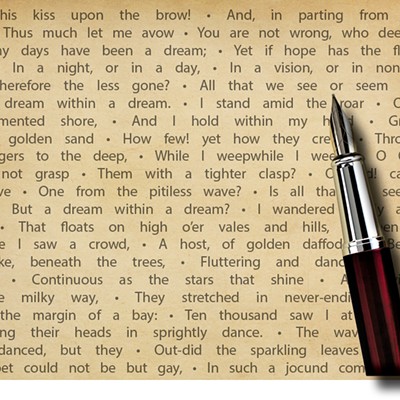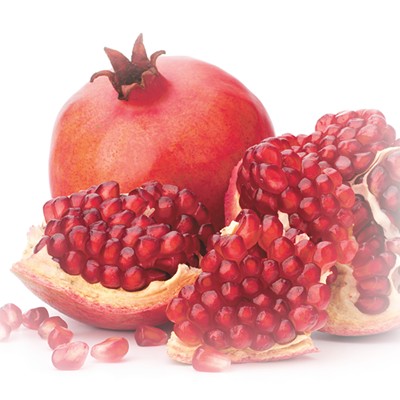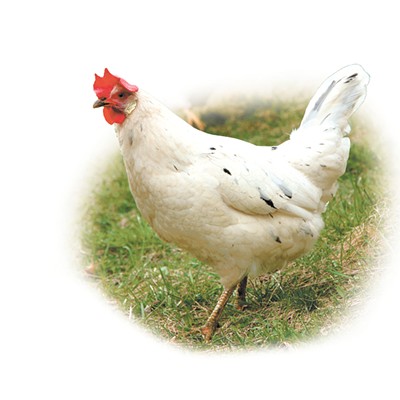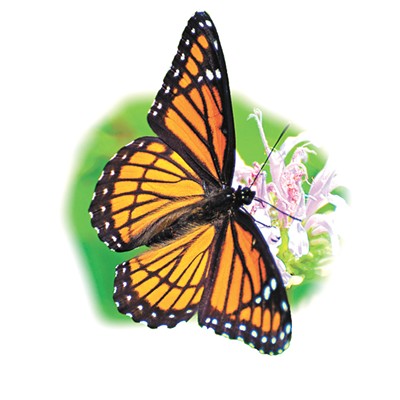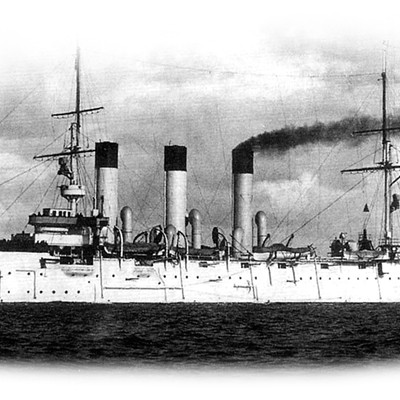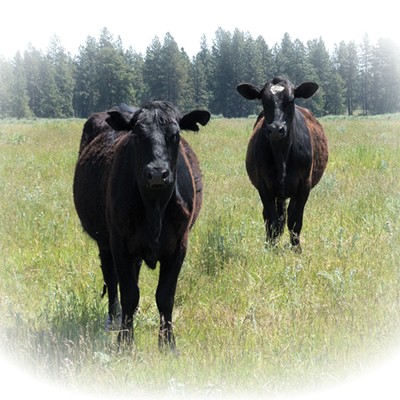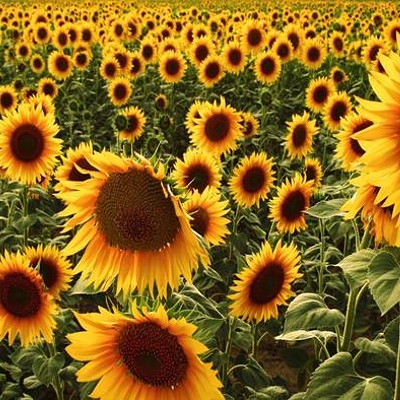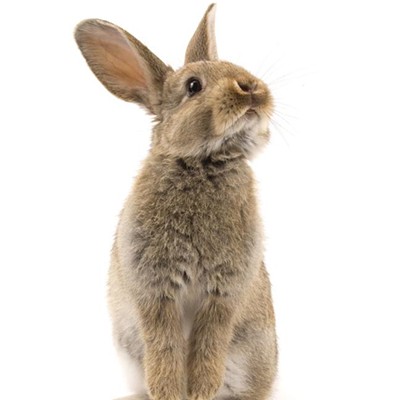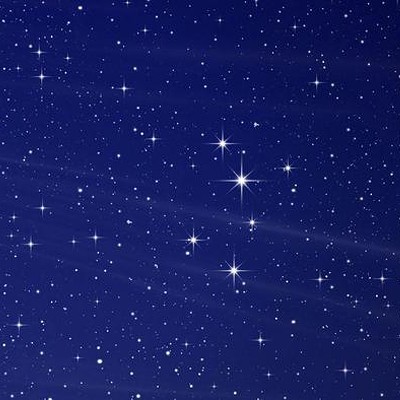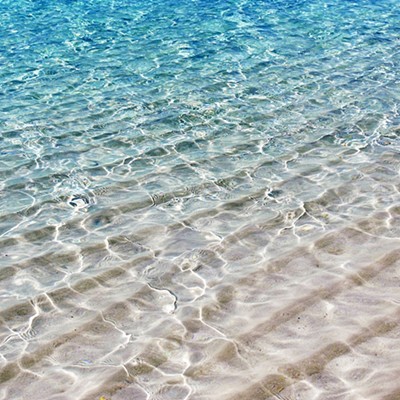In my travels throughout the state, I find myself repeating a line that the poet Ed Hirsch said when I had the good fortune to interview him. I asked Ed about all of the dividing lines in the world of poetry — page versus stage, academic versus non-academic, and so on. He said that he thought those distinctions were irrelevant, that partisanship was non-productive. "We need all of our poetries," Hirsch said, and I think that his comment bears repeating again and again. All of the ways that we make poetry, that we pursue the arts, that we explore our emotional, intellectual, and physical revelations of what it is to be human, are important.
Consequently, I am glad that the Inlander has decided to devote an issue to the poetry of our region, and I'm equally glad that they asked Thom Caraway (good editor, fine poet, generous spirit) to gather the poems printed in these pages.
In a recent interview, Belfast-born poet Michael Longley addressed the frequently asked question, "What is the use of poetry?" It's a question that I hear a lot — from students steeped in STEM rhetoric, from adults acculturated in the rampant techno-consumerist values of our cultural moment, from (I think) those who would rather not (cannot?) dwell in the uncomfortable space of mystery, the intensity of an inner life from which it is so easy to hide in consumption or the glossy addictiveness of a screen. I think of the poet Jack Gilbert who, upon meeting people, would quickly dispense with pleasantries — he had no interest in discussing the weather, sports scores, or even the political buzz of the day — and say, "Yes, it's cold out today, but I'm more interested in hearing about what you think about love. How would you define friendship? When have you felt safest with another person? Vulnerable? What matters most to you in your heart?" Surely such concentration, such discussion, is exhausting (and makes one vulnerable), but what else is worth, is valuable enough, to spend our brief and precious time on?
Which brings me back to Michael Longley. In his interview (as part of the podcast On Being, discussions that I often find quite good), he answered "What is the use of poetry?" by saying that poetry is "of no use." It's absolutely useless, without any utility whatsoever, but that doesn't mean that it doesn't have value.
Value is attributed in many ways. I'd like to think that the poetic energy of our community over the past few years — from the many readings and poetry-related events that seem to happen nearly every evening to the attention given poetry in publications like the Inlander — represents the value we give to it. We have many publishing poets in Spokane and in the Inland Northwest; we have a vibrant spoken word and slam scene; we have many talented people working hard at exploring the intense ways that poetry asks us to examine language, who we are, what has happened and is happening in the world around us. All of that work is important.
I think, though, that we have to work even harder, push with even more intensity to promote the importance of the arts, the humanities. The word "poet" sends us back to the Greek word "poiein," which means "to make, create, compose." I want to live in a community, a city, a country where we create, where we compose, where we make the world around us and invite many other divergent and diverse perspectives to help make that world. Having creativity and its products play an integral part in our community means that we value mystery and uncertainty, that we are open to different ways of seeing the world. Hirsch's reminder that we "need all of our poetries" reinforces the importance of plurality, the importance of recognizing many types of singing, the "varied carols" of which Whitman wrote; this is true of the importance of many types of poetry, but it's true of the arts writ large; the more ways that we are challenged, stretched, pushed to see the world a little differently, the better chance for us to encounter and, hopefully, to value other ways of seeing, feeling, and being in the world. ♦
Tod Marshall is Washington state's poet laureate, and the first poet laureate from Eastern Washington.
IT'S NEVER A SMALL PROBLEM
Because the moon is always many things—awful judge with a walleye gaze
or shy fish at the bottom of a stagnant pond or light and air compressed through
a cylinder when the valves respond to rocker arms, pistons shove,
sparks ignite the car down the road, seventy on sand and gravel
that feels like a gritty mouthful of that sweet thing as a kid you dropped
but stooped over to pick up, lick clean, because some things you have to have—
matters not.
Light on the hood shimmers faded paint into your own pond,
a glittery blue that dulls when you think you hear a kick against the quarter panel,
stubborn struggling duct-taped in the trunk. There's nothing in there,
you tell yourself. You have driven the dirt roads until dust on the dash will hold the letter O,
and still nothing comes together, moon and guilt, ruthless beauty and the small
mechanical things that you believe move the world. Consider the composition of shadows,
the darkness beyond the ditch purple-black with a smell close to lilac,
but burnt, unlike anything living, the odor of a bell that's never been struck.




